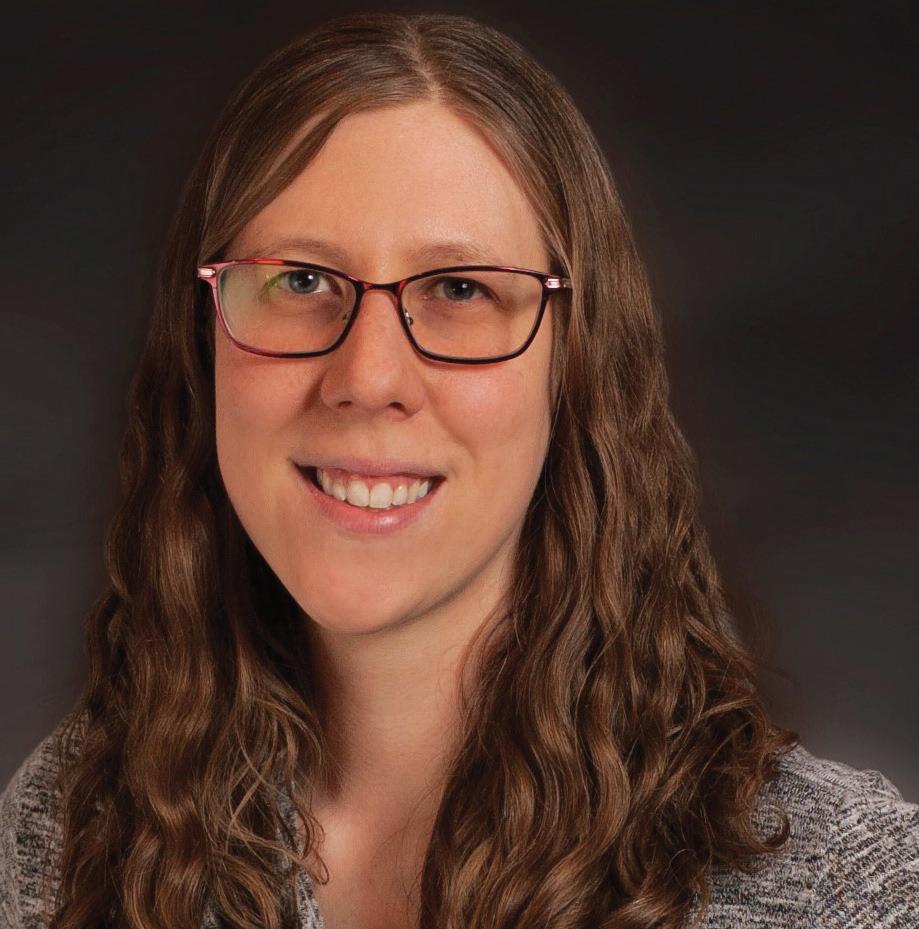
2 minute read
Digi-Key - Autumn Richardson
2021 Women in Engineering




Autumn Richardson

Senior Manager, IT-Platform Ops & Modernization Digi-Key Electronics
BA Physics, 2010 Bemidji State University BS Computer Science, 2010 Bemidji State University

Autumn Richardson is the senior
manager, IT – platform ops & modernization, for Digi-Key Electronics. She is a strategic and passionate IT leader who enjoys developing solutions to interesting problems in innovative ways. Autumn earned her bachelors’ degrees in physics and computer science from Bemidji State University in 2010. While still an undergraduate student, she completed an internship through NASA’s Planetary Geophysics and Geology Undergraduate Research Program and was invited to present her research at the 39th NASA Lunar and Planetary Science Conference in 2008.
Talk about the culture at your company. What makes it inclusive or supportive of women in engineering and automation?
Digi-Key has a large group of amazing women mentors and role models, who are very accessible. I like that I am not the fi rst female in the organization to shift from a software engineering role to a leadership position – I have others who have demonstrated that path before me, who I can look to for guidance. Digi-Key values its female leaders, and having those opportunities to see that leadership in action, along with the opportunities to learn new skills, explore other positions within the organization and take different approaches to challenges, creates a great culture for women. When I joined Digi-Key as an intern, I was immediately working on projects that had a direct contribution to the success of the business. I felt valued right away, knowing that I was a collaborator who had a voice in shaping the direction we were going, solving real-life problems and engaging with business partners.

Describe a recent company project (in which you were involved) that went particularly well. How did you and your team go about ensuring success?
Digi-Key had recently shifted its software engineering organization to an Agile approach – a faster-paced, highly iterative process that helps scale and develop features more quickly. In software development, each time you change any code, you need to test it to make sure it’s working properly, as well as doing regression testing to make sure that previous functionality is also still working properly. Our teams were doing a large amount of manual testing, rather than automating that process. I jumped at the chance to help that automation team transition into a program that could scale. I was able to empower the members of the team as automation experts and pair them with teams across the department to teach them the technical skills they needed to script and code automated testing. We built out a Center of Excellence and a Test Engineering career path, ultimately investing in programming skills and growing the partnership between testing and software development.








